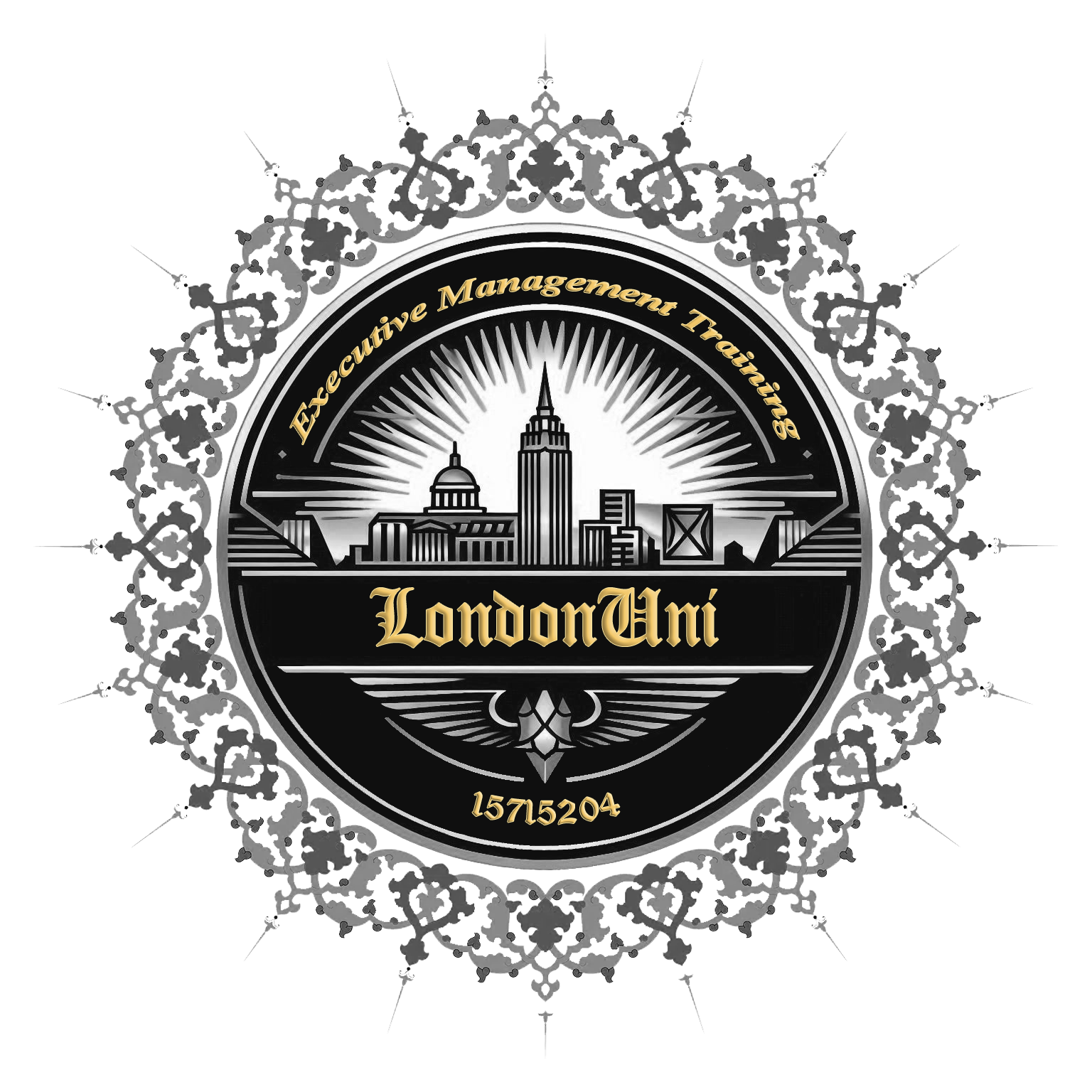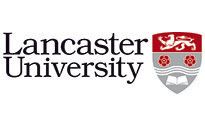
Project Cost, Quality, Resources, Communication, Risk, Procurement and Stakeholders Management (PMK Workshop 2, 3) - Certified Program
Course ID: 2508187101209EGI
Course Dates : 18/08/25 Course Duration : 10 Studying Day/s Course Location: Dubai, UAE
Language: Bilingual
Course Category: Professional and CPD Training Programs
Course Subcategories: Leadership and Management Excellence
Course Certified By: * Projacs Academy
* Professional Training and CPD Programs
Certification Will Be Issued From :
KSA
Course Fees: £5,719.75
Vat Not Included in the price. VAT may vary depending on the country where the course or workshop is held.
Click to Pay
Date has passed please contact us Sales@e-s-hub.com
Course Information
Introduction
Project management is the backbone of successful organizational outcomes, bridging strategic goals with operational execution. In an increasingly competitive and complex business environment, mastering the multifaceted dimensions of project management—cost, quality, resources, communication, risk, procurement, and stakeholder engagement—is no longer optional but imperative. These elements form the foundation of effective project delivery, ensuring that initiatives are completed on time, within budget, and to the desired standards. The interplay between these components often determines whether a project succeeds or fails, making their mastery a critical skill for professionals across industries.
One of the most pressing challenges in modern project management is the misalignment between planning and execution. For instance, projects frequently exceed budgets due to inadequate cost estimation techniques or suffer from poor resource allocation, leading to delays and subpar outcomes. Similarly, ineffective communication can result in misunderstandings among team members and stakeholders, while unmanaged risks may escalate into costly crises. A notable example is the Sydney Opera House, which faced significant cost overruns and timeline extensions due to poor risk and procurement management. This course addresses such gaps by equipping participants with robust frameworks and tools to navigate these complexities systematically.
The importance of this subject extends beyond individual projects to organizational success. Companies that excel in project management report higher profitability, improved customer satisfaction, and enhanced competitive advantage. According to the Project Management Institute (PMI), organizations with mature project management practices waste 28 times less money than those with immature practices. By adopting methodologies like Earned Value Management (EVM) for cost control or Total Quality Management (TQM) for quality assurance, businesses can achieve measurable improvements in performance. These frameworks are not merely theoretical; they have been validated through decades of application in sectors ranging from construction to IT.
Real-world case studies further underscore the practical relevance of this course. Consider the Boeing 737 MAX crisis, where inadequate risk assessment and stakeholder communication led to catastrophic consequences. Conversely, Tesla’s Gigafactory project exemplifies how meticulous resource allocation and stakeholder engagement can drive innovation and scalability. Such examples highlight the dual role of project management as both a safeguard against failure and a catalyst for success. Participants will explore these scenarios to understand how theory translates into practice, enabling them to anticipate challenges and devise proactive solutions.
Another dimension of the course is its focus on adaptability and continuous improvement. As industries evolve, so do the demands placed on project managers. Agile methodologies, for instance, have revolutionized software development by emphasizing iterative progress and stakeholder collaboration. Similarly, advancements in data analytics now allow for more precise cost forecasting and resource optimization. By integrating these trends into the curriculum, the course ensures that participants remain at the forefront of industry developments, equipped to lead transformative projects in dynamic environments.
Ultimately, this program is designed to empower professionals to become agents of change within their organizations. Whether you are managing small-scale initiatives or overseeing large, cross-functional teams, the skills acquired in this course will enhance your ability to deliver value consistently. From mastering procurement strategies to fostering meaningful stakeholder relationships, participants will emerge with a comprehensive toolkit that aligns with global best practices. This investment in professional development not only benefits individuals by enhancing career prospects but also strengthens organizations by building internal capacity for sustained excellence.
Objectives
By attending this course, participants will be able to:
Analyze project costs using advanced techniques such as Earned Value Management (EVM) to ensure financial accountability.
Evaluate quality assurance frameworks and implement Total Quality Management (TQM) principles to enhance project outcomes.
Design resource allocation plans that optimize workforce productivity and minimize downtime.
Apply communication strategies tailored to diverse stakeholder groups to foster transparency and alignment.
Assess potential risks systematically and develop mitigation plans to safeguard project objectives.
Implement procurement processes aligned with ethical standards and legal compliance to secure optimal vendor partnerships.
Engage stakeholders effectively through structured approaches that build trust and commitment.
Who Should Attend?
This course is ideal for:
Project managers seeking to deepen their expertise in cost, quality, and risk management.
Team leaders responsible for coordinating resources and ensuring timely project delivery.
Procurement officers aiming to refine their negotiation and vendor management skills.
Consultants tasked with advising clients on project governance and stakeholder engagement.
Professionals transitioning into project management roles who require foundational knowledge.
Training Method
• Pre-assessment
• Live group instruction
• Use of real-world examples, case studies and exercises
• Interactive participation and discussion
• Power point presentation, LCD and flip chart
• Group activities and tests
• Each participant receives a 7” Tablet containing a copy of the presentation, slides and handouts
• Post-assessment
Program Support
This program is supported by:
* Interactive discussions
* Role-play
* Case studies and highlight the techniques available to the participants.
Daily Agenda
The course agenda will be as follows:
• Technical Session 08.30-10.00 am
• Coffee Break 10.00-10.15 am
• Technical Session 10.15-12.15 noon
• Coffee Break 12.15-12.45 pm
• Technical Session 12.45-02.30 pm
• Course Ends 02.30 pm
Course Outlines
Foundations of Project Cost Management
Principles of cost estimation and budgeting.
Introduction to Earned Value Management (EVM).
Common pitfalls in cost management and how to avoid them.
Case study: Cost overruns in megaprojects.
Day 2:
Quality Assurance Frameworks
Overview of Total Quality Management (TQM).
Tools for monitoring and controlling quality.
Balancing quality with cost and time constraints.
Group exercise: Developing a quality plan.
Day 3:
Resource Allocation Strategies
Techniques for workforce planning and scheduling.
Managing resource conflicts and bottlenecks.
Leveraging technology for resource optimization.
Real-world example: Resource management in agile projects.
Day 4:
Effective Communication Practices
Identifying communication needs of different stakeholders.
Crafting clear and concise messages.
Overcoming barriers to effective communication.
Role-play activity: Resolving communication breakdowns.
Day 5:
Risk Identification and Assessment
Types of risks in project management.
Conducting qualitative and quantitative risk analyses.
Prioritizing risks based on impact and likelihood.
Workshop: Creating a risk register.
Week 2
Day 6:
Risk Mitigation and Contingency Planning
Developing risk response strategies.
Building contingency reserves into project plans.
Monitoring and reviewing risks throughout the project lifecycle.
Case study: Lessons learned from high-profile failures.
Day 7:
Procurement Fundamentals
Understanding procurement lifecycles.
Drafting requests for proposals (RFPs) and contracts.
Ethical considerations in vendor selection.
Group discussion: Evaluating supplier bids.
Day 8:
Stakeholder Engagement Models
Mapping stakeholder interests and influence.
Tailoring engagement strategies to diverse audiences.
Managing conflicting stakeholder expectations.
Interactive session: Simulating stakeholder negotiations.
Day 9:
Integrating All Elements of Project Management
Aligning cost, quality, and risk management efforts.
Ensuring seamless coordination between resources and procurement.
Enhancing overall project governance.
Panel discussion: Best practices from industry experts.
Day 10:
Final Review and Certification Exam
Recap of key takeaways from the course.
Mock exam to prepare for certification.
Peer feedback and reflection sessions.
Awarding of certificates upon successful completion.



















































